While business leaders are still talking about how AI will "complement" humans, a computer science professor has made a chilling prophecy: within the next five years, 99% of the world's jobs will be taken over by AI and humanoid robots.
When AI replaces everything, there is no more “Plan B”
That’s the view of Dr. Roman Yampolskiy, one of the leading voices on AI safety. His warning, delivered on the podcast The Diary of a CEO, runs counter to the usual optimism. Yampolskiy doesn’t suggest we start worrying, but instead, accept the reality: “The question is no longer whether it will happen. The question is: how soon until you get fired?”
This view is in stark contrast to the popular argument that humans can transition to new jobs that are not yet impacted by AI. “Before, we used to say: This job will be replaced, learn another job,” Yampolskiy emphasizes. “But if I say that every job will be replaced, then there is no plan B. You cannot retrain.”
He points to a grim reality: replacements happen like an endless domino effect. Jobs disappear, new ones are quickly automated by AI. Take computer science, for example, just a few years ago people were advising young people to learn programming. Then AI learned to code and got better at it. People then switched to “prompt engineers,” but now AI is even better at designing its own suggestions than humans. As a result, both of these jobs are at risk of disappearing.
Yampolskiy predicts an era of record unemployment, as both white-collar and manual labor are replaced by robots and AI. “We are looking at a world with unprecedented levels of unemployment,” he says. “Not 10 percent unemployment, which is already scary, but 99 percent.” The only jobs left are those where people still want to be served by their fellow human beings for emotional or personal reasons.
Yampolskiy’s warning is not unique. He joins other tech leaders like Anthropic CEO Dario Amodei and investor Vinod Khosla in sounding the alarm about the “job apocalypse.” While the numbers differ (Amodei predicts AI will take half of all white-collar jobs in five years, pushing unemployment to 20%), they all agree that we are facing an unprecedented jobs crisis.
The Paradox of Data: Programmers Are More Replaceable Than Drivers
What determines how quickly AI replaces a job? Many believe it's complexity. But a deeper analysis reveals a surprising paradox: data-rich jobs are the most likely to be replaced, regardless of their complexity.
Consider two seemingly opposite examples: driving a car and programming. Most of us would assume that programming requires more complex thinking. Yet, in the AI race, large language models (LLMs) are much further along than autonomous driving technology.
The main reason lies in the data source. To train a self-driving car, AI needs thousands of hours of driving in countless different situations, including extremely rare, almost impossible-to-reproduce failures. In contrast, LLM can learn from the vast trove of data on the Internet.
In other words, AI is like a student who has access to entire past exam questions and answers, while another person has only a few scattered notes. This is the “data paradox” – AI can replace programmers faster than drivers, not because programming is easier, but because data is more abundant.
A newly created profession has been replaced by AI. From driver, teacher to programmer or creative, no job is out of sight (Photo: SwissCognitive).
Many industries are facing this reality:
Software Development: With over 420 million repositories on GitHub, AI has been given a huge pool of data to learn coding from. It is estimated that 75% of programmers are now using AI assistants, showing the rapid penetration of this technology in the industry.
Customer Care: Data from calls, emails, and support tickets makes it easy for AI to automate processes. IBM, for example, saw a 23.5% cost reduction thanks to AI in this area.
Finance : Algorithmic trading, based on massive market data, now accounts for about 70% of the US stock market volume, the clearest evidence yet of AI taking over a complex field like finance.
In contrast, data-starved industries are naturally resistant to AI. Healthcare, construction, and education are prime examples. Fragmented patient data, fragmented construction records, and privacy laws like FERPA in education make it difficult for AI to reach its full potential. To compensate, however, these industries are resorting to invasive data practices, such as installing cameras in operating rooms or monitoring students with AI, raising privacy and ethical concerns.
Apocalypse or idle paradise?
The 99% unemployment scenario may sound bleak, but many experts see a more optimistic future. They believe this massive wave of automation will usher in an era of less work, or even no work at all.
Former Microsoft CEO Bill Gates once predicted that in the next 10 years, people will only need to work 2 days/week. Nvidia CEO Jensen Huang believes that a 4-day work week will become the norm.
Yampolskiy is even more optimistic, believing that the concept of “work” will disappear completely. He poses a big question for all of humanity: what will we do with 60-80 hours of free time each week? How will we survive financially, who will pay us, and most importantly, where will we find meaning in life?
However, the question of where the money will come from is a hotly debated topic. Some, like Elon Musk and Sam Altman, advocate the idea of a “Global High Income” or Universal Basic Income (UBI). They believe that the surplus of goods and services created by AI will be enough to feed everyone, freeing humans from the burden of making a living.
Musk once said: "We won't have universal basic income, we'll have global high income. In some ways, it's a leveler, it's more equal."
But Geoffrey Hinton, the “father of AI,” offers a profoundly different view. He argues that UBI does not address the issue of human dignity. Hinton emphasizes that work is not just a source of income, but also a source of a sense of worth and meaning. Without work, people lose the most fundamental way to define themselves in society.
“UBI will not solve the problem of human dignity,” he asserted, “cash cannot replace the feeling of usefulness that work brings.”
Thus, the labor market is facing two opposing scenarios. On the one hand, there is a “job apocalypse” where AI will take away the livelihood of most of humanity. On the other hand, there is an “age of plenty” where people are freed from the burden of labor to pursue higher values.
However, both scenarios pose significant challenges. Without work, how will people survive financially, and more importantly, how will they find meaning in life when they have lost the “source of dignity”?
The Way to Survival
Instead of panicking, it is time to adapt. The opportunity will no longer lie in mastering a skill or a piece of software, but in the ability to combine human thinking with the power of AI.
It may sound bleak that 99% of jobs will disappear, but many experts are optimistic that the wave of automation will usher in an era of less work, or even no work (Photo: Motherjones).
Here are some tips from the experts:
Embrace career crossover: Don’t just stick to the traditional path. Look for roles that combine human judgment with AI capabilities, or positions that connect technology to business needs. For example, instead of just being a doctor, become a healthcare data analyst.
Focus on adaptability: Employers will no longer judge you on what you know, but on your ability to learn and adapt to change. Demonstrate that you can work effectively in a changing environment and can quickly grasp new technologies.
Targeting the “touchpoint”: Companies implementing AI are having trouble integrating technology with human processes. Management, coaching, and process optimization roles are new opportunities that don’t require deep technical knowledge but do require an understanding of how the organization operates. These are roles where human flexibility is still the deciding factor.
Taking advantage of the “last gap”: No matter how smart AI gets, it still needs a human to connect it to local realities. In manufacturing, it’s workers who know how to work with automated systems; in education, it’s teachers who understand how to use AI to personalize learning. It’s the combination of industry knowledge and a fundamental understanding of AI that can open up more opportunities than starting from scratch in an unfamiliar field.
AI can be a tool for great good, but it can also be a tool for great evil, as Geoffrey Hinton warns. The future of work and the meaning of life will depend on the choices we make. This is not a time to panic, but a time to act and shape our future.
Source: https://dantri.com.vn/kinh-doanh/99-cong-viec-sap-bien-mat-tan-the-viec-lam-hay-thien-duong-nhan-roi-20250912200715561.htm


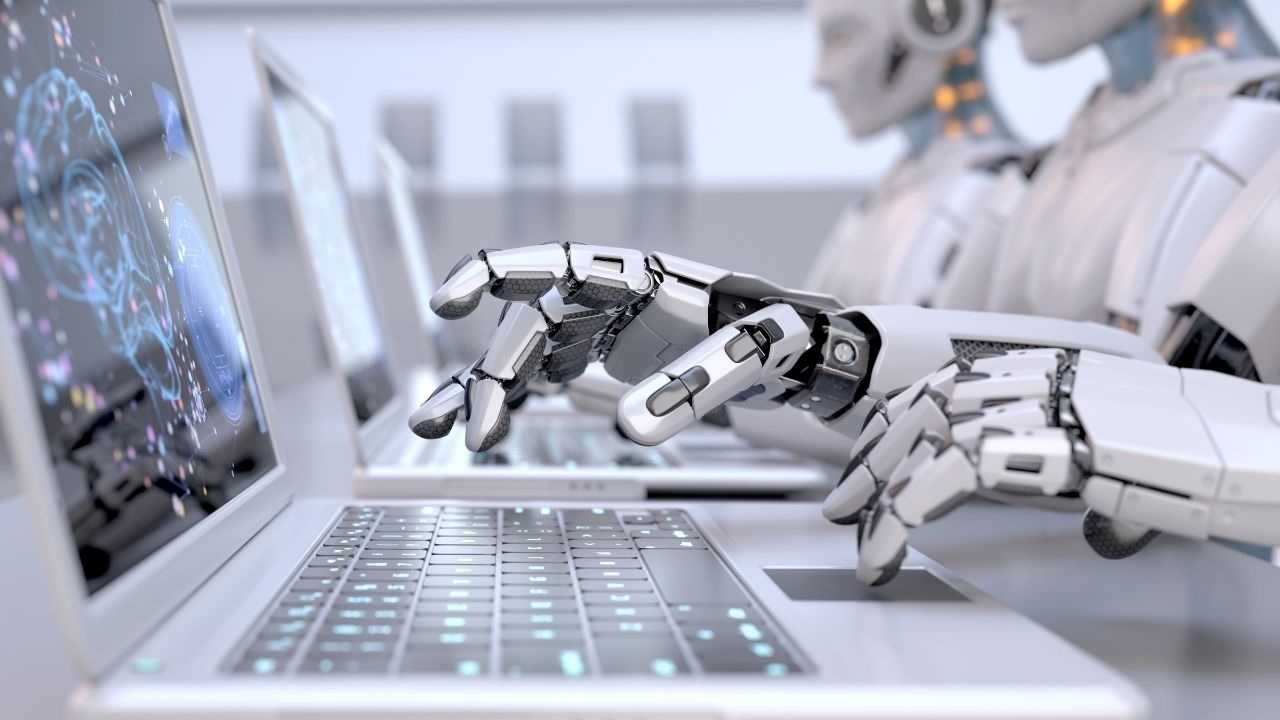
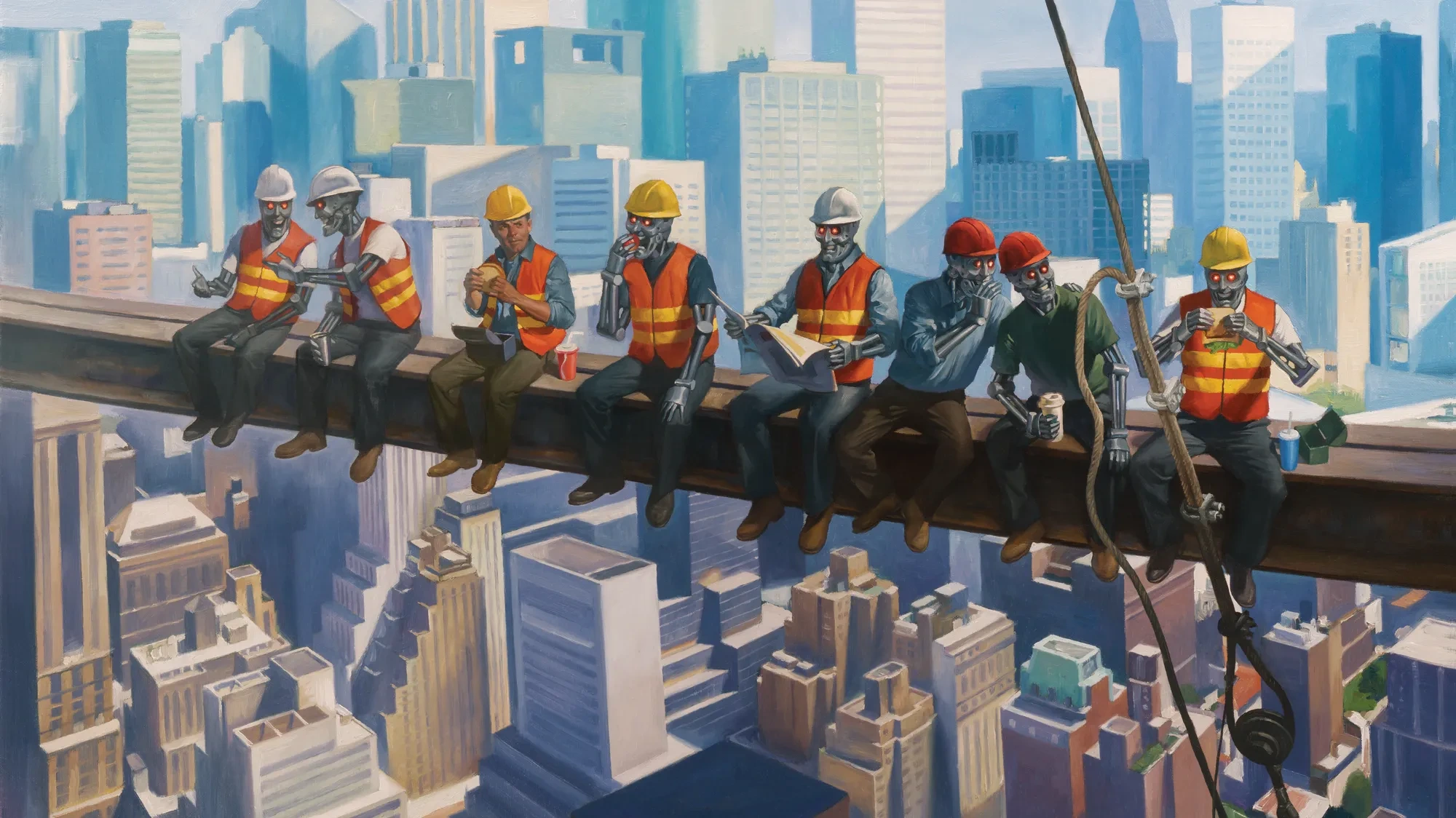




![[Photo] Prime Minister Pham Minh Chinh chairs the Government's online conference with localities](https://vphoto.vietnam.vn/thumb/1200x675/vietnam/resource/IMAGE/2025/10/5/264793cfb4404c63a701d235ff43e1bd)
![[Photo] Prime Minister Pham Minh Chinh launched a peak emulation campaign to achieve achievements in celebration of the 14th National Party Congress](https://vphoto.vietnam.vn/thumb/1200x675/vietnam/resource/IMAGE/2025/10/5/8869ec5cdbc740f58fbf2ae73f065076)
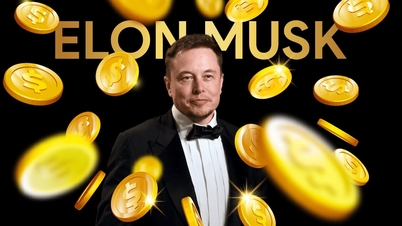
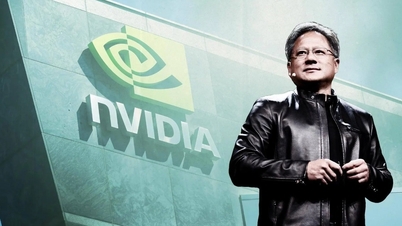

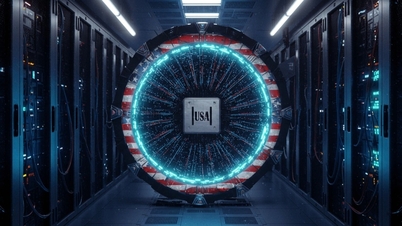
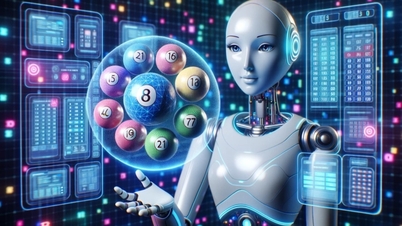




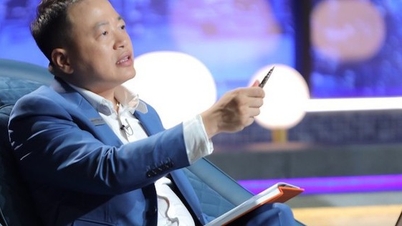


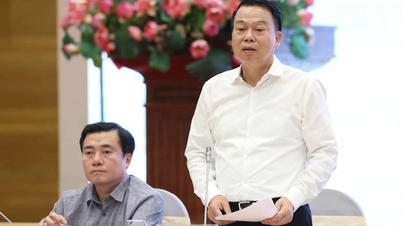






































![[VIDEO] Summary of Petrovietnam's 50th Anniversary Ceremony](https://vphoto.vietnam.vn/thumb/402x226/vietnam/resource/IMAGE/2025/10/4/abe133bdb8114793a16d4fe3e5bd0f12)

![[VIDEO] GENERAL SECRETARY TO LAM AWARDS PETROVIETNAM 8 GOLDEN WORDS: "PIONEER - EXCELLENT - SUSTAINABLE - GLOBAL"](https://vphoto.vietnam.vn/thumb/402x226/vietnam/resource/IMAGE/2025/7/23/c2fdb48863e846cfa9fb8e6ea9cf44e7)


































Comment (0)